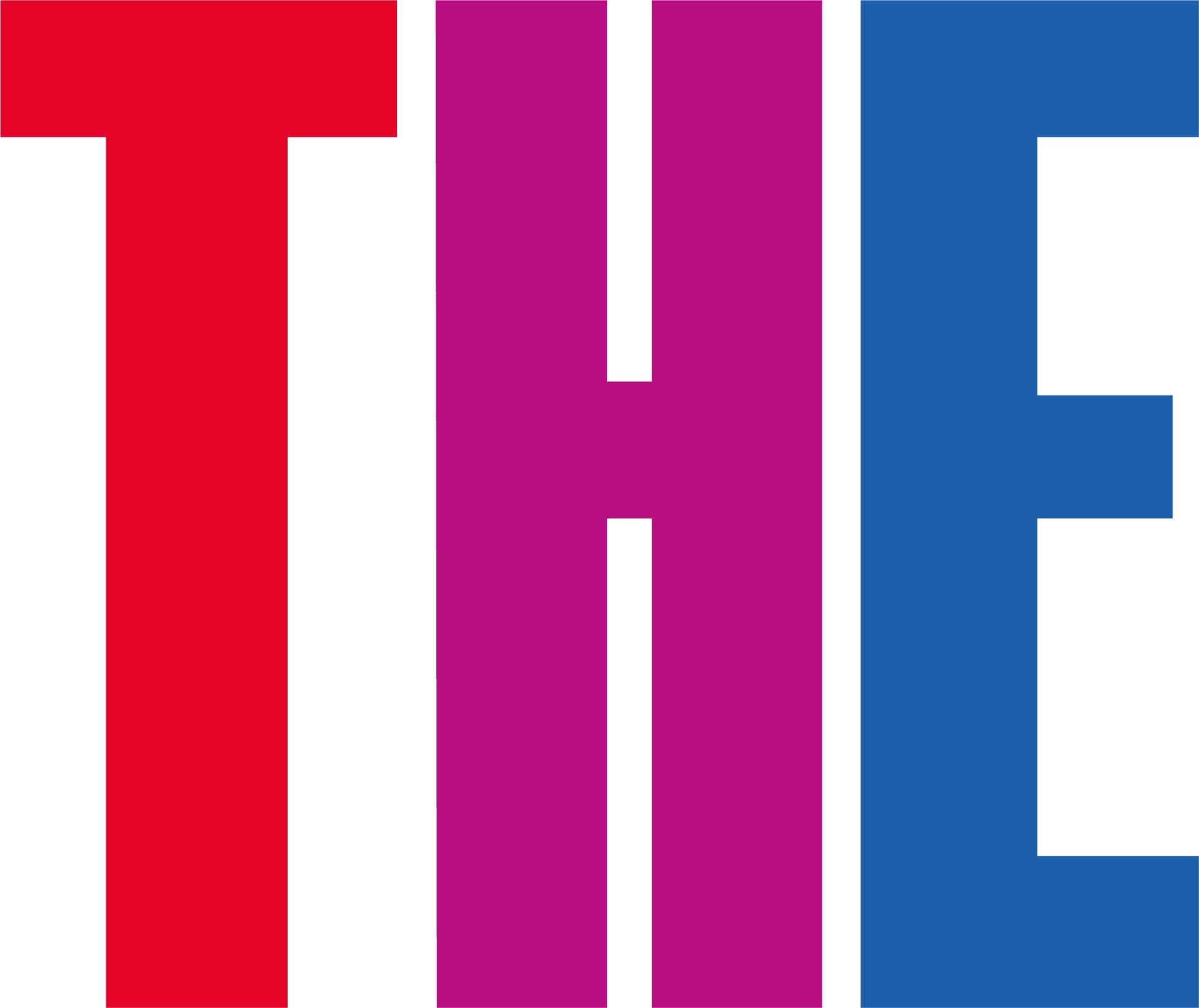A vote on regardless of whether Chile will accept a radical new structure that enshrines daring commitments to better education and learning reform is mentioned to be on a knife’s edge as the vital poll approaches.
 Public universities would be built free as part of the wide-ranging improvements to the process, which at the moment features some of the highest tuition costs in South The united states.
Public universities would be built free as part of the wide-ranging improvements to the process, which at the moment features some of the highest tuition costs in South The united states.
A draft of the document was finalized by a constitutional assembly outside the house the formal political buildings, but its accomplishment is seen as becoming inextricably connected to the fate of new president Gabriel Boric, one of the leaders of the 2011 pupil movement that called for the market-primarily based schooling technique put in by Augusto Pinochet’s dictatorship in the 1980s to be dismantled.
Critics explained it was much from crystal clear how the adjustments would perform in observe or how the charge of the commitments could be fulfilled, specially as the authorities has also promised to terminate student personal debt and to increase funding for exploration from the existing .4 percent of gross domestic product to 1 percent.
Andrés Bernasconi, professor of training at the Pontificia Universidad Católica de Chile, mentioned even if the inhabitants backs the document in the Sept. 4 plebiscite, a little something that was considerably from selected, its sections on increased instruction will most likely stay “expressions of desire” for at the very least the next 3 to 4 yrs before even further legislation that enacts the guarantees can be passed.
The essential clause that commits to no cost bigger schooling in community universities no matter of a student’s domestic money is a lot vaguer about the foreseeable future of the country’s significant personal college sector, whose funding and charge structures would be remaining to the legislation to define.
Under the gratuidad software established up by Michelle Bachelet, Chile’s final left-wing chief, the poorest 60 percent of modern society have their tuition fees paid out by the federal government, no matter if they go to community or non-public establishments, and it is not apparent which components of this procedure will be retained.
Other proposed modifications incorporate a commitment to set up at minimum a person community college in each area of the place and a new condition funding process underneath which revenue would be distributed to institutions by way of block grants instead than based on the range of learners enrolled.
Maria Veronica Santelices, associate professor of training at the Pontificia Universidad Católica de Chile, stated that if passed, the structure would enshrine the plan of training as a ideal and give community establishments a much better job than they have relished in the earlier 30 yrs, when the expansion of Chile’s increased education and learning sector was remaining largely to the personal establishments.
But the conventional of general public universities ranged commonly, from the extremely prestigious and selective University of Chile and College of Santiago, Chile, to a great deal lower-good quality institutions that have suffered from many many years of underfunding, according to Carolina Guzman Valenzuela, professor of increased schooling at the University of Tarapacá.
She stated that faced with a choice, lots of potential college students who could not get into the ideal general public establishments could make your mind up it is better to attend a private college with a good name, even if they have to pay out fees.
Bernasconi reported Boric experienced spoken about boosting the general public technique, which currently accounts for only 16 percent of the college student consumption, but cautioned that this would be really hard politically in the long run “because desire from learners and households in the private sector will be as well solid to ignore.”
“In the limited expression, you would have to have pupils to pick general public around non-public in sufficient numbers to change the proportion of learners in either procedure so that it would make feeling,” he additional.
Bernasconi mentioned non-public universities—particularly the more mature establishments produced ahead of the Pinochet era—have objected to the proposals.
“They are declaring we are generally public universities, irrespective of our authorized mother nature and the non-public nature of our constitution we have been running as general public establishments for lots of many years. The constitutional conference is ignoring the contributions we have created for the general public fantastic,” he said.
Kenneth Roberts, professor of governing administration and an specialist in Latin American politics at Cornell University, said the constitutional adjustments will facial area important opposition from the much more conservative features of Chilean culture, but the polls are possible to slender as the date of the vote methods.
He said Chile, as the birthplace of neoliberalism and a showcase for privatized education and learning, is remaining witnessed as a critical battleground as the region adjustments politically all over again subsequent the elections of leftist leaders in Peru, Colombia and Mexico.